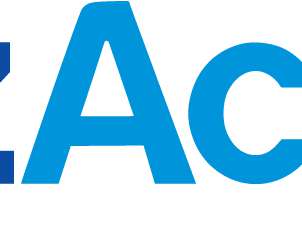Data science vs data analytics: Unpacking the differences
IBM Big Data Hub
SEPTEMBER 19, 2023
How effectively and efficiently an organization can conduct data analytics is determined by its data strategy and data architecture , which allows an organization, its users and its applications to access different types of data regardless of where that data resides.














Let's personalize your content